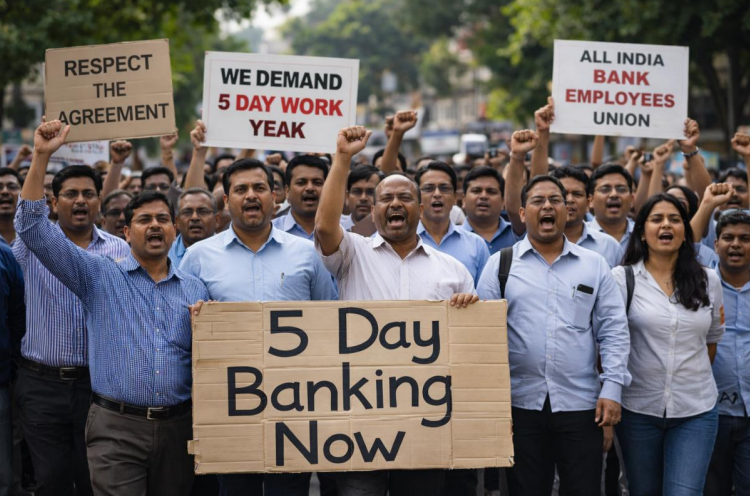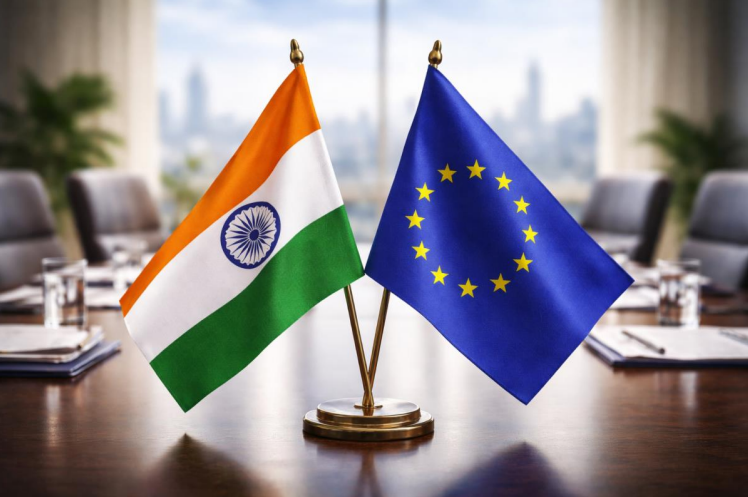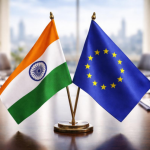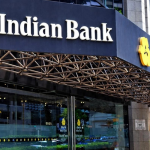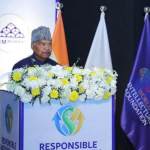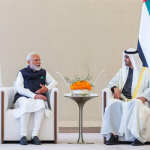India's dynamic digital landscape is witnessing a fascinating paradigm shift, as the nation's most prominent social media influencers are increasingly shedding their roles as mere content creators to emerge as formidable startup founders. Leveraging their immense reach, deeply engaged communities, and innate understanding of consumer trends, these 'creatorpreneurs' are transforming their online popularity into tangible, thriving businesses across diverse sectors.
Once content with brand collaborations and sponsored posts, a growing wave of Indian influencers is now venturing into entrepreneurship, launching their own direct-to-consumer (D2C) brands in beauty, fashion, lifestyle, food, and even fintech. This evolution signals a maturing creator economy where influence is not just about likes and shares, but about building sustainable enterprises.
The impetus behind this transition is multi-faceted. Influencers, having spent years fostering trust and authenticity with their followers, possess an unparalleled understanding of their audience's desires and pain points. This intrinsic market research allows them to identify gaps and create products or services that resonate deeply. Furthermore, their established distribution channels – their social media platforms – provide an immediate and cost-effective marketing avenue, bypassing traditional advertising hurdles.
Take, for instance, the success stories emerging from various niches. From beauty gurus launching their own skincare lines to food bloggers introducing their branded spice mixes and tech reviewers developing their own mobile accessory brands, the diversification is remarkable. These influencers aren't just putting their name on a product; they are often deeply involved in product development, quality control, and brand strategy, ensuring that their ventures reflect the same authenticity that built their initial following.
The impact on India's booming startup ecosystem is profound. Influencer-led startups often achieve rapid customer acquisition and brand loyalty, driven by the existing affinity their audience has for them. This creates a competitive edge, allowing them to scale quickly and challenge established players. Investors, too, are taking note, with venture capital increasingly flowing into creator-led ventures, recognizing the inherent advantage of built-in audiences and direct access to consumers.
However, the journey from influencer to entrepreneur is not without its challenges. Scaling operations, managing supply chains, ensuring consistent product quality, and navigating the complexities of business finance require a different skillset than content creation. While the initial surge in sales might be fueled by fan loyalty, long-term sustainability demands robust business models and strategic execution. Some early ventures have faced hurdles, demonstrating that influence alone isn't a guarantee of entrepreneurial success.
Despite these challenges, the trend is undeniably reshaping the entrepreneurial landscape in India. It underscores a powerful democratization of business, where individuals, armed with a smartphone and a strong voice, can bypass traditional gatekeepers and build empires from their homes. As India's digital penetration continues to deepen, especially in Tier II and III cities, the rise of regional influencers becoming local entrepreneurs is also gaining significant traction, tapping into culturally specific demands and fostering hyper-local economies.
The "creatorpreneur" movement is more than just a trend; it's a testament to the evolving nature of work and commerce in the digital age. It signifies a future where content creators are not merely tastemakers, but powerful economic agents, poised to be the next generation of India's startup founders, driving innovation and shaping consumer markets with their unique blend of creativity and commercial acumen.


